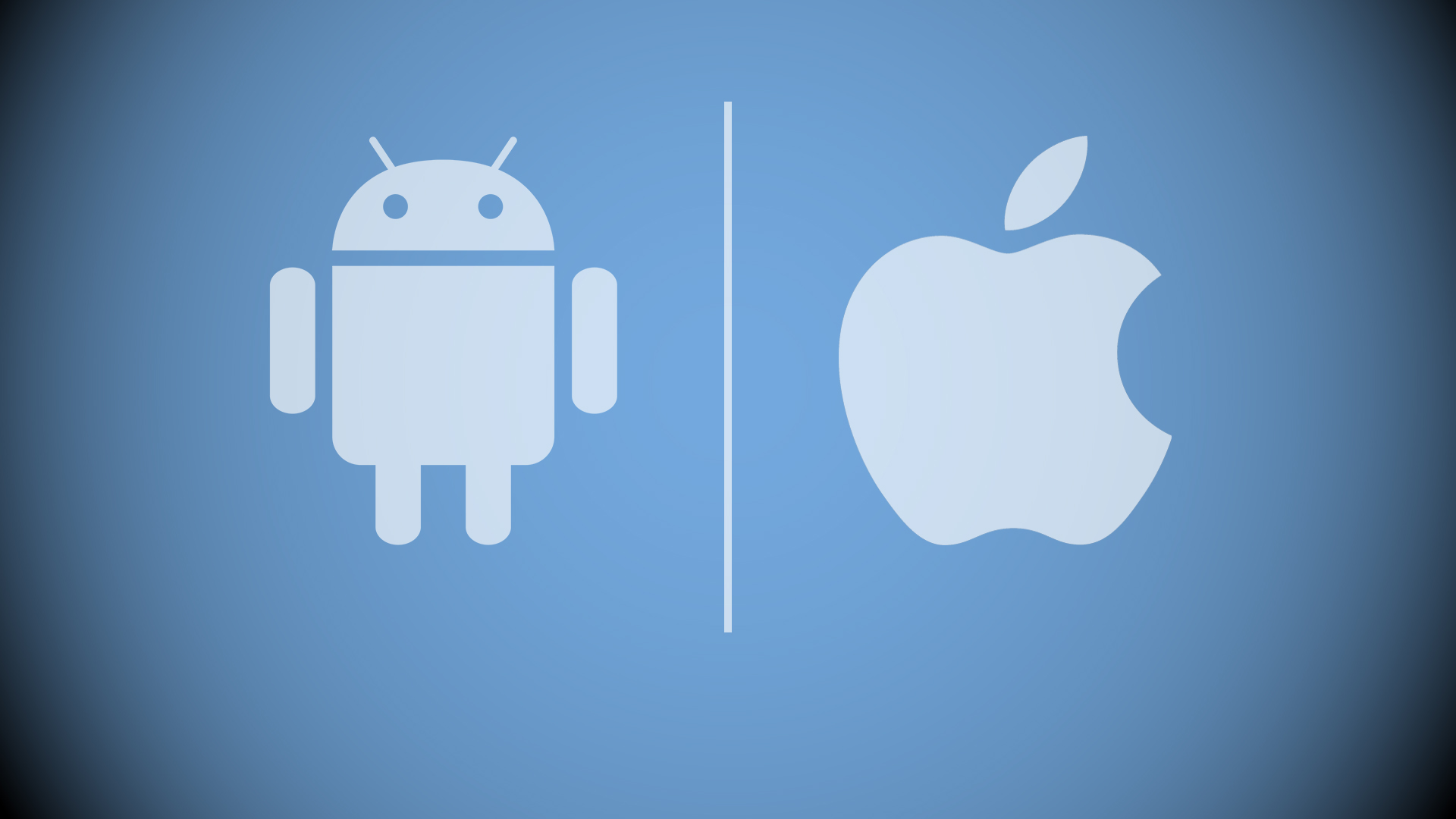In the world of mobile applications, deciding between iOS and Android platforms can significantly impact the success of your custom mobile app. Each platform has unique strengths and weaknesses, catering to different types of users and market segments. This article will explore key considerations to help you make an informed decision about which platform is right for your app.
Market Share and Audience Demographics
Understanding your target audience is crucial when choosing a platform. As of 2024, Android holds a larger global market share, dominating with approximately 71% of users, while iOS accounts for around 28%. However, these statistics vary significantly by region. In North America and Western Europe, iOS has a stronger presence, whereas Android prevails in Asia, Africa, and Latin America.
Demographics also play a role. iOS users typically exhibit higher income levels and are more likely to spend money on apps and in-app purchases. If your app targets premium users or relies heavily on monetization through purchases, iOS might be the preferable choice. On the other hand, if your goal is broad reach, particularly in emerging markets, Android offers a wider audience.
Development Costs and Timeline
The custom mobile app development company which does mobile app development process for iOS and Android apps differs in terms of cost and time. iOS apps are built using Swift or Objective-C, while Android apps are primarily developed with Java or Kotlin. Generally, iOS development can be faster due to the more controlled environment and standardized hardware, leading to potentially lower development costs. In contrast, the diversity of Android devices requires extensive testing across different screen sizes, resolutions, and hardware capabilities, which can increase both development time and costs.
Moreover, the availability of development tools and resources can influence the choice. Apple provides a robust set of development tools with Xcode, which integrates seamlessly with other Apple services. On the Android side, Android Studio offers a comprehensive development environment, but developers might need to navigate more complexities due to the platform’s open nature and diversity.
App Store Policies and Approval Process
Apple’s App Store and Google Play Store have distinct policies and approval processes. Apple’s App Store is known for its stringent review process, ensuring high-quality and secure apps, but this can also mean longer approval times and potential rejections. Google Play, while still maintaining quality standards, has a more lenient and faster approval process, which can be beneficial for developers who need to launch quickly or update frequently.
Additionally, understanding the revenue-sharing models is important. Both platforms typically take a 30% cut of app sales and in-app purchases, but there are variations and exceptions, such as reduced fees for smaller developers or subscriptions after the first year. These nuances can impact your app’s profitability and should be factored into your decision.
Design and User Experience
Design philosophies differ significantly between iOS and Android. iOS emphasizes a clean, uniform look and feel across apps, adhering to Human Interface Guidelines. This can provide a seamless user experience, which is highly appreciated by iOS users. Android, with its Material Design principles, offers more flexibility and customization options, allowing developers to create unique and diverse user experiences. Depending on the complexity and design goals of your app, one platform might align better with your vision.
iOS apps often benefit from the consistency of Apple’s ecosystem, ensuring that users have a predictable and high-quality experience across devices. Android’s flexibility, however, allows for more innovative and unique interfaces, which can be a significant advantage for apps that rely on distinct branding or unconventional user interactions.
Fragmentation and Maintenance
Android’s open ecosystem results in a high degree of fragmentation. Custom mobile app development company must ensure compatibility across numerous devices from different manufacturers, running various versions of the operating system. This can complicate both initial development and ongoing maintenance. Conversely, iOS has fewer device models and a more unified operating system, simplifying the development process and ensuring a more consistent user experience.
Fragmentation in Android also affects the rollout of updates. While Apple users typically adopt new iOS versions quickly, Android updates are dependent on manufacturers and carriers, leading to slower adoption rates. This discrepancy can influence the support and maintenance strategies for your app, as you may need to support older versions of Android for a longer period.
Monetization Strategies
Your app’s revenue model can also influence the platform choice. iOS users generally have higher spending power and are more willing to pay for apps and in-app purchases. Consequently, if your app relies on direct sales or premium pricing models, iOS might be more profitable. Android, however, excels in advertising-based revenue models due to its larger user base and extensive reach.
It’s also worth noting that the types of apps that succeed on each platform can vary. iOS tends to be more lucrative for gaming, lifestyle, and business apps, while Android may be better suited for utility and communication apps that benefit from its broad user base.
Hybrid and Cross-Platform Development
In some cases, developing a hybrid or cross-platform app might be the best approach. Technologies like Flutter, React Native, and Xamarin allow developers to write code once and deploy it on both iOS and Android, potentially reducing development costs and time. This approach can balance reach and efficiency well, especially for startups and small businesses with limited resources.
However, cross-platform development comes with its own set of challenges, including potential performance issues and limitations in accessing native features. Evaluating these trade-offs is essential to determine if a hybrid approach aligns with your app’s goals and user expectations.
Final Thoughts on Developing an App on iOS vs. Android
Choosing between iOS and Android for your custom mobile app involves considering several factors: target audience, development costs, app store policies, design preferences, device fragmentation, and monetization strategies. While iOS might be preferable for premium, revenue-focused apps targeting affluent users, Android is ideal for reaching a broader, global audience. Ultimately, understanding the nuances of each platform will enable you to make a strategic decision that aligns with your app’s goals and audience needs.
For many businesses, the optimal solution might be a custom mobile app development on both platforms to maximize reach and engagement. This can be achieved either through separate native apps or a cross-platform solution, depending on your specific requirements and resources. By carefully analyzing your app’s objectives and the characteristics of each platform, you can make an informed choice that sets the stage for success in the competitive mobile app landscape.




